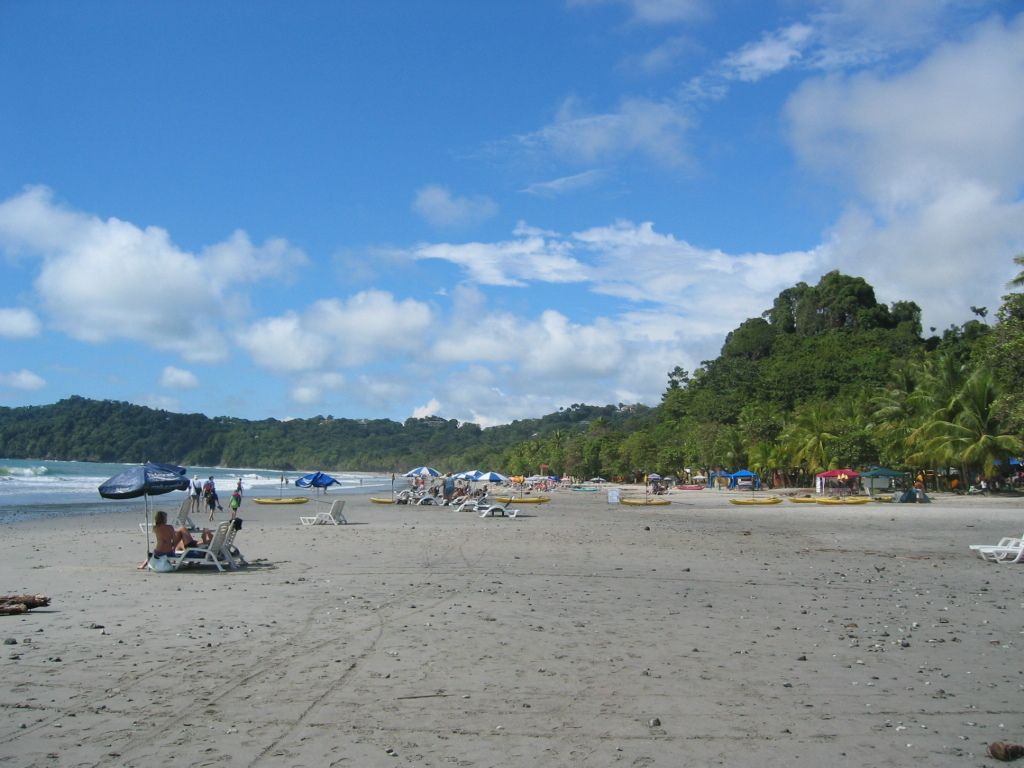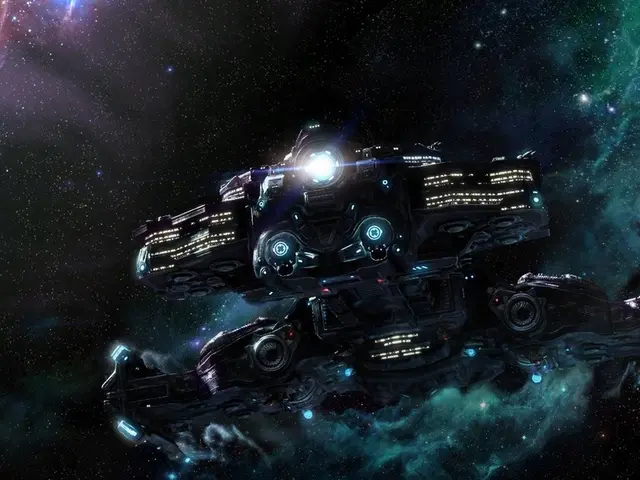Space Travelers Facing Potential Long-Term Brain Injuries and Persistent Dementia Upon Mars Expedition
In the quest to conquer Mars, a daunting reality looms that could turn our astronauts' brains into mush. You read that right! Through a chilling new study, we've discovered the hidden menace hiding in the vast expanse of space - cosmic radiation.
Imagine this: Our heroes, bravely embarking on a mission to explore the Red Planet, are exposed to deadly, high-energy particles, called galactic cosmic rays (GCRs). Unlike the International Space Station, where astronauts enjoy protection from Earth's magnetosphere, Mars explorers face continuous radiation exposure for months on end.
So, what happens to human cognition under these conditions? Researchers at the University of California, Irvine decided to find out. They subjected mice to low doses of radiation similar to what astronauts would encounter on a deep-space mission. Twelve and 24 weeks later, they put the little critters through a series of cognitive tests. Fun fact: The results were bone-chilling.
See, the mice's memory and learning abilities plummeted over time. They started showing signs of confusion, forgetfulness, and slower reaction times - symptoms of cognitive impairment that are just as alarming in humans. Moreover, they displayed dwindling fear extinction, indicating they remained anxious even after a negative experience had passed.
Lead researcher Charles Limoli chillingly explained that exposure to these particles could lead to a range of potential central nervous system issues. We're talking chronic complications that could make astronauts' lives a living nightmare. To add fuel to the fire, the damage these particles inflict on the brain might not show up until months or even years after the mission, raising the specter of mental ruin lurking in the shadows.
Unfortunately, scientists had previously underestimated the long-term impacts of radiation exposure, assuming it would only have short-term effects. But it appears that the damage lingers for months or even years beyond the astronauts' return to Earth. Brain scans performed six months post-exposure showed severe inflammation and neuron damage in the mice - damage that did not seem to heal over time.
This damage can be traced back to cosmic radiation's ability to penetrate even the thickest spaceship walls and disrupt the brain's neural networks. This hampers brain cells' ability to communicate, which could result in permanent neurological decline. The staggering implications? Space travel might well destroy the very minds of the pioneers we send to explore the cosmos.
In the spirit of conquering Mars, space agencies have been focusing on the physical challenges of deep-space travel - microgravity, muscle loss, and bone deterioration. But it appears that the most significant danger might lie in the minds of our astronauts rather than their bodies. Malfunctioning astronauts, mid-mission, could spell disaster. Delayed reactions in life-or-death situations would be nothing short of catastrophic.
Frustratingly, these effects might not manifest until about six months into the mission - precisely when the astronauts would be approaching Mars. The race to Mars is no walk in the park; the stakes are high, and the outcomes unpredictable.
From this newfound knowledge comes the urgent challenge: how do we protect our astronauts' brains on a journey lasting years? Potential solutions include developing advanced shielding materials, engineering spacecraft that generate artificial magnetic fields, creating drugs or therapies that repair radiation-induced brain damage, shortening travel time, or a combination of the above.
Are humans up to the task, or will we drown in the blood-boiling anxiety of sending explorers off into the patched abyss, unsure of whether their minds will return intact? The ultimate test for human space exploration awaits us at the threshold of Mars. The race is on to tackle cosmic radiation and ensure that we'll stay human while we explore the cosmos.
In the fight to explore Mars, the long-term effects of radiation exposure on astronauts' cognitive health and wellness have come to the forefront. As we've learned, sustained exposure to cosmic radiation, specifically galactic cosmic rays, can lead to medical-conditions such as cognitive impairment, memory loss, and decreased learning abilities. This research, conducted on mice, mirrors potential risks for human astronauts, emphasizing the significance of space-and-astronomy in the preservation of health-and-wellness during deep-space missions.








